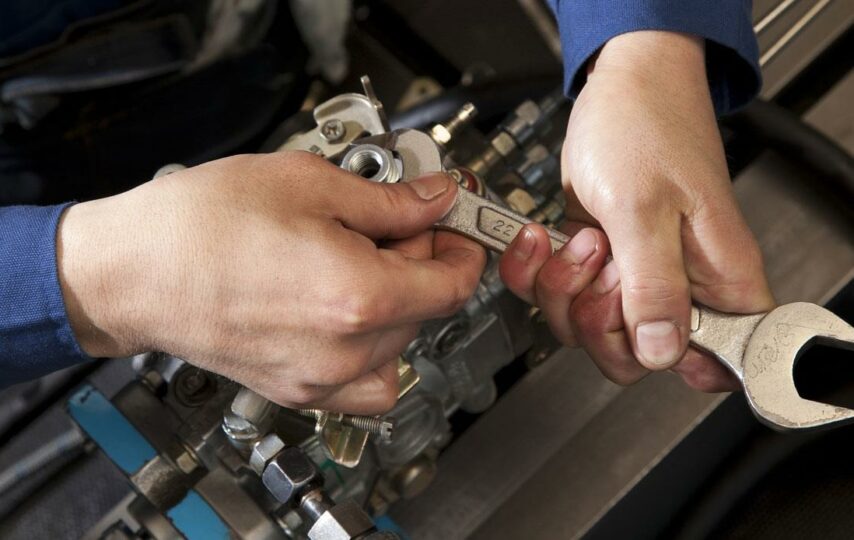If your business relies on heavy gear and industrial equipment, you understand how difficult it may be to buy and utilize secondhand tools. These WORKERS.COM recommendations can assist you with anything from purchasing the correct secondhand equipment to educating your staff on how to use it securely.
Purchasing Hardware
When purchasing old industrial equipment, make certain that the items are still in good working order – assessing the price alone might compromise the safety of your employees. You could consider renting old equipment in some circumstances, but if you intend to use it for future projects, it’s preferable to buy it. Aucto suggests conducting extensive research on the vendor and having an operator inspect the equipment before making a purchase.
Equipment Instruction
It is always important to provide your staff with the items they need to be safe and to train them how to operate new equipment correctly, but this is especially true for old equipment. Construction World suggests that you explain to your personnel how the machine works, what to do in an emergency, and any safety measures that they must take when operating the equipment. Even if your experienced staff believes this material is unnecessary, you must review it to be safe.
Employee Management
It may take some time for your staff to learn how to utilize this equipment effectively. Use time monitoring tools to ensure they stay on schedule. When creating a payroll for construction, one may choose to use a system such as Quickbooks that allows employees to monitor their time and remuneration precisely, as well as enabling you to compute, process, and submit payroll through a mobile app. This increases worker accountability and allows you to make a more accurate project and training expense estimations. Remember the value of efficient communication with your team right now. Learning new equipment can be frustrating, so make it obvious to your staff that you value their input and encourage them to provide comments.
Safety Recommendations
How can you be certain that your second hand equipment is utilized safely? You may examine your machines on a regular basis to ensure that they are not in need of repairs, and if you detect any problems, you should call a trustworthy service provider from the organization for help. If you suspect any difficulties, do not attempt to use secondhand equipment, even if it means temporarily halting output. Inform your staff that they must promptly report any problems to you. You may also create an inspection checklist at the start and end of each shift so that if a problem is discovered, you can be confident that it will be reported swiftly.
Protection and Upkeep
You must maintain and safeguard your old equipment in order to keep it operational for an extended length of time. It’s critical not to push your equipment beyond its capabilities – it can only do so much, and trying to do more might be unsafe or wear out its parts. Furthermore, you must verify that the equipment is correctly stowed at the conclusion of each day. Rusting and other issues might result from exposure to the elements. Remember that preserving old equipment is especially important if you intend to sell it someday.
We all understand the need and importance of heavy machinery in some forms of business. The initial investment is high so it is essential it is treated correctly to ensure its longevity in the company. With this in mind, it is essential to perform necessary maintenance and repairs on a regular basis.








